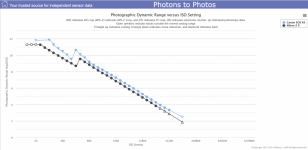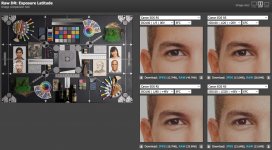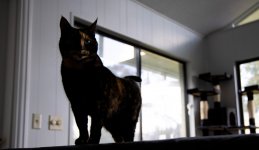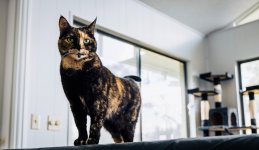Garry Edwards
Moderator
- Messages
- 12,313
- Name
- Garry Edwards
- Edit My Images
- No
I think that the criticism was aimed at me and not you, but what you say is correct, it's right to hold professionals to a much higher standard.When someone opens a post stating that they were doing a job for an agency, that entirely changes the nature of the post and therefore the replies.
It implies a level of competence and an ability to provide the required images at a decent standard.
So, yes, if they don't understand how to shoot podium finishes and team celebration shots, then they probably should not have taken the job on in the first place.
Harsh? Yes. But it is business. Shots like this are fleeting moments that you need to understand how to capture.
None of us are perfect and all of us make mistakes - but at least we understand the basics of the job.
And that is the thing - a job.
This is about recording and event in order to make money in some form.
The rules change entirely from casual, amateur photo shoots. And whilst you may gain experience and improve 'on the job', you certainly shouldn't be learning the basics there.
So if my responses have been viewed as harsh, that is the reason.
It is not a practice ground but a working environment.
The problem, as always, is that photography isn't a profession at all. Unlike (for example) law and medicine, where people must have qualifications and insurance and are strictly regulated, anyone can call themselves a pro photographer and it's widely accepted that if they charge for their services then they are indeed professional. But, because they are professional, they should be held to professional standards.
This can be a challenge for people who are learning from experience/exposure/trial and error but, happily, there's a solution - don't charge for work that you can't do.







